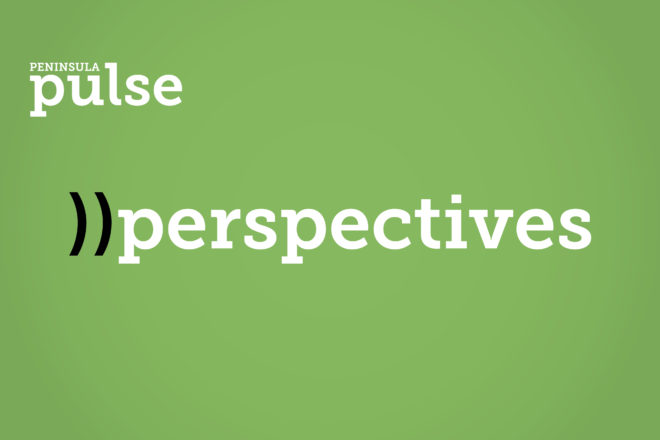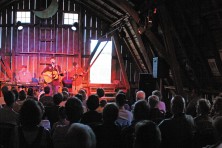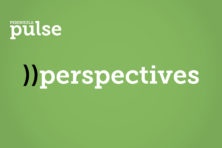Editor’s Note: “I’ve Been to the Mountaintop”
- Share
- Tweet
- Pin
- Share

It’s considered one of the greatest speeches of our time – “an improvised masterpiece” – Martin Luther King Jr.’s “I’ve Been to the Mountaintop” speech.
King delivered his mountaintop speech on April 3, 1968, in Mason Temple in Memphis, Tennessee. It would be his last. He was assassinated the next day, shot dead by James Earl Ray while standing on a balcony outside his second-floor room at the Lorraine Motel, still in Memphis.
The speech’s primary purpose was rallying support for the Memphis sanitation workers and their strike for better pay and unionization.
But as with all great rhetoricians, it was so much more. King talked about unity and justice and boycotts and peaceful protests and the need for “dangerous unselfishness” – the type that doesn’t ask, “If I do X, Y or Z, what will happen to me?” but always asks, “If I don’t do X, Y or Z, what will happen to the others?”
Did King foreshadow his own death in this speech? Many believe he did – or at least knew his days were numbered. Threats had dogged him on his way to Memphis, and heightened security on the plane delayed the flight. He acknowledged that talk of danger was all around him, with people wondering, “What would happen to me from some of our sick white brothers?”
“Well, I don’t know what will happen now,” King said. “We’ve got some difficult days ahead. But it really doesn’t matter with me now because I’ve been to the mountaintop.”
God reveals himself on mountaintops in the Bible. For Jung, mountaintops symbolized the essence of God, or inner elevation. In nonsecular parlance, mountaintops represent resilience, stability, immovability, constancy, permanence.
There King was in Memphis, a storm raging around the church where he was speaking, wind gusts punching open two large window fans near the ceiling, according to eyewitness accounts reported in the Guardian. He looked “harried and tired and worn and rushed,” according to reported accounts, suffering from a sore throat and sleep deprivation.
Yet still, according to eyewitness accounts, he stood resolute, stable, immovable and constant, speaking masterful words for 43 minutes that emotionally charged the crowd in the room, “caught between tears and applause” – and he hadn’t prepared a word in advance.
When was the last time you heard a speech from one of our leaders that moved you in any way? That came from the mind and heart of the speaker, rather than from a speechwriter and teleprompter?
King expressed his desire to live “just a few years in the second half of the 20th century,” acknowledging, “that’s a strange statement to make, because the world is all messed up. The nation is sick. Trouble is in the land, confusion all around. That’s a strange statement. But I know, somehow, that only when it is dark enough can you see the stars.”
It is now 55 years since King uttered those words in that final speech. Perhaps we’re still in the darkness of a messed-up, sick world that’s troubled and confused and not saved from discrimination, poverty, hurt, neglect – not the people, not the planet. But we can see the stars in all that darkness if we climb upon the shoulders of giants such as Martin Luther King Jr.
And Jan. 16, 2023, is a good day to remember that.


